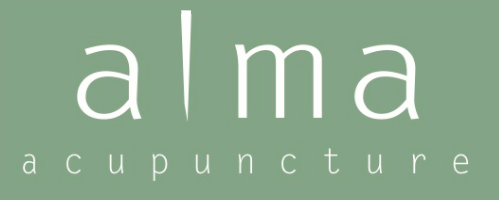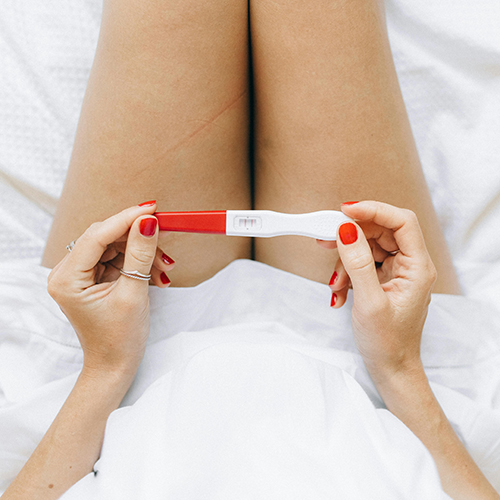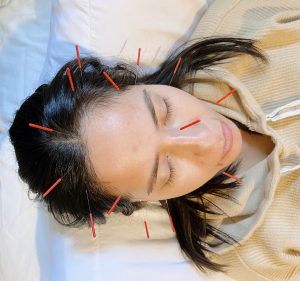Acupuncture Can Help PCOS
How Acupuncture Can Help PCOS
Polycystic Ovary Syndrome (PCOS) is one of the most common hormonal conditions affecting women of reproductive age. It can cause irregular periods, trouble with ovulation, acne, hair growth on the face or body, weight changes, and even difficulty getting pregnant. Many people with PCOS are told that birth control pills or medications are the only options, but holistic therapies like acupuncture are gaining attention as gentle, supportive ways to manage symptoms and improve overall well-being.
Understanding PCOS
PCOS happens when the ovaries and hormones are out of balance. People with PCOS often produce more androgens (male hormones), which can interfere with regular ovulation. Without regular ovulation, cycles can become irregular, and it can be harder to conceive. PCOS is also linked with insulin resistance, which means the body has a harder time using sugar for energy. This can affect weight, energy levels, and metabolism.
Because PCOS affects many systems in the body, treatment often needs to address more than just the ovaries. This is where acupuncture can be so helpful—by supporting balance throughout the body.
How Acupuncture Helps PCOS
Acupuncture is a traditional Chinese medicine practice that uses fine, sterile needles to stimulate specific points on the body. The goal is to restore balance, improve circulation, and calm the nervous system. For PCOS, acupuncture can offer several benefits:
1. Regulating Menstrual Cycles
One of the most frustrating parts of PCOS is having irregular or absent periods. Acupuncture helps to regulate hormone signals between the brain and ovaries, which can support more predictable cycles. Over time, many women notice that their periods come more regularly with consistent treatment.
2. Improving Ovulation
For those trying to get pregnant, acupuncture can improve blood flow to the ovaries and uterus. This helps create a healthier environment for ovulation and implantation. Some studies suggest that acupuncture may even increase the chances of ovulation without medication, or make fertility treatments like IVF more successful.
3. Balancing Hormones
Acupuncture works with the endocrine system, the network of glands that regulate hormones. For PCOS, this means reducing excess androgens (which cause acne and unwanted hair growth) while supporting the hormones needed for ovulation and cycle health.
4. Reducing Stress
Living with PCOS can be stressful. Stress itself can make hormonal imbalance worse by raising cortisol levels. Acupuncture helps calm the nervous system, lower stress hormones, and promote relaxation. Many patients leave their sessions feeling deeply rested.
5. Supporting Metabolism and Weight Balance
Since PCOS is closely tied to insulin resistance, managing blood sugar is key. Acupuncture may help improve the way the body uses insulin and reduce sugar cravings. Combined with healthy lifestyle choices, this can make it easier to maintain a stable weight.
A Holistic Approach
Acupuncture is not a “quick fix,” but rather a supportive therapy that works best over time. Many people see improvement after a series of weekly sessions. When combined with nutrition, exercise, and other holistic practices, acupuncture offers a powerful way to manage PCOS naturally.
Final Thoughts
PCOS affects every woman differently, but one thing is clear: it’s about more than just the ovaries. Acupuncture helps restore balance across the body: regulating cycles, supporting fertility, calming stress, and improving overall well-being. If you’re looking for a gentle, natural way to manage PCOS, acupuncture may be the key to helping your body find harmony again. If you are ready to heal your PCOS issues => click here to schedule your first acupuncture session.






